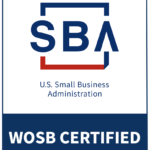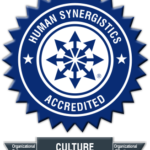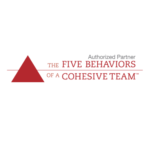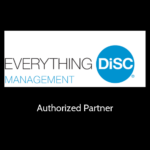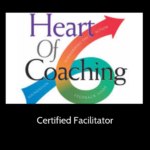“The greatest compliment that was ever paid me was when one asked me what I thought, and attended to my answer.” ~ Henry David Thoreau, Author, Poet, and Philosopher
Interpersonal Savvy – according to the LinkedIn Workforce Report 2018.
Got it, want it, relate to it, and/or overuse it.
What gets leaders, sometimes, into a pickle are those moments of arrogance, impatience, and insensitivity, or where we are defensive, judgmental, or narrow minded. Often a leader’s behavior reflects lack of confidence, negligence to listen well, or being “too busy,” or too
intense and anxious.
Leaders who are personable and relate well to others, who are able to easily build rapport, use diplomacy and are tactful in sticky situations, or are able to diffuse stressful situations with comfort and confidence, are seen as having interpersonal savvy. They are effective and create value, growth and opportunity in their relations, internally and externally, personally and professionally. These skilled leaders are flexible, open and approachable. They value people where they are at, and seek to understand first, before being understood. They are
self aware, mindful, and manage their intentions. They are comfortable with vulnerability. They are inclusive and empower the people to thrive. And most of all, they actively and cognitively listen, resulting in clarity, vision and inspiration for all to take action towards progress and effectiveness.
Here are three key remedies to begin the process of changing your habits and developing your interpersonal skills:
- Manage your energy, not your time – be mindful of your state of being, your environment, and most importantly, others state of being. Keep focus on the vision. Be attentive and resourceful. Allow yourself the daily understanding of resolutions and priorities. (Harvard Business Review, 2007)
- Remove the ego and emotion from the conflicts and problems – investigate and analyze the systems and process, ask the people who do the work the right questions and to recommend a fix, and believe them when they tell you. Honor the teamwork and progress. Communicate and share often – be transparent, even when it is hard to do so.
- Care and keeping of the people – be flexible, nonjudgmental and open to understanding. Be inclusive and supportive of the cognitive, emotional, social, and creative process towards resolution and problem solving. Be approachable, resourceful and empowering. Make it a priority to make the work environment a safe (emotionally and physically) place to work. Don’t forget to take care of you, so you may lead others.
If you, or a leader, in your organization are struggling to change their behavior and lacking in this vital leadership competency, Harris Whitesell Consulting has professional development solutions, executive education programs, and competency strategies to assist and support the process to create value, growth and opportunity.
Maximizing Leadership Excellence and Business Success!


